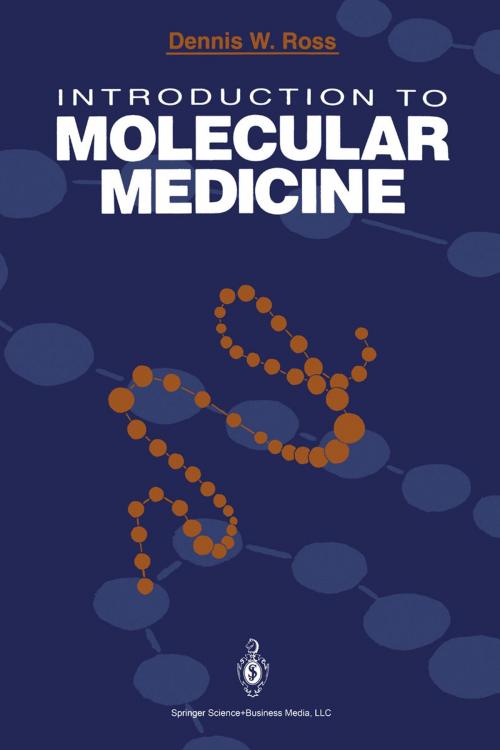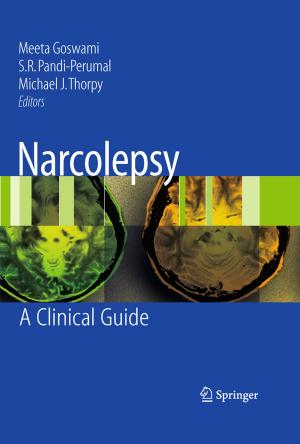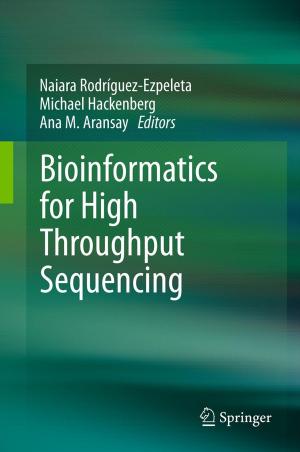Introduction to Molecular Medicine
Nonfiction, Health & Well Being, Medical, Specialties, Family & General Practice, Internal Medicine, General| Author: | Dennis W. Ross | ISBN: | 9781475740769 |
| Publisher: | Springer New York | Publication: | March 9, 2013 |
| Imprint: | Springer | Language: | English |
| Author: | Dennis W. Ross |
| ISBN: | 9781475740769 |
| Publisher: | Springer New York |
| Publication: | March 9, 2013 |
| Imprint: | Springer |
| Language: | English |
How will increased understanding of the human genome affect our ability to diagnose and treat disease? The subject of recombinant DNA technology is no longer limited to the research laboratory; it is being discussed in ever-widening medical circles. Introduction to Molecular Medicine is especially written for the physician who is not a genetics expert but wishes to understand this new science and find entry to the more specialized publications. The first chapters present the basic concepts of the human genome and gene regulation. Subsequent chapters consider how today's new approach can be applied in areas such as forensic medicine, transplantation medicine, drug manufacture and genetic engineering. For example, a major section on cancer explores the diagnosis of leukemia and lymphoma through the detection of gene rearrangement and oncongeny mutation. One feature that will especially interest pathologists, pediatricians and residents is the discussion of diagnostic tests that are used in current practice.
How will increased understanding of the human genome affect our ability to diagnose and treat disease? The subject of recombinant DNA technology is no longer limited to the research laboratory; it is being discussed in ever-widening medical circles. Introduction to Molecular Medicine is especially written for the physician who is not a genetics expert but wishes to understand this new science and find entry to the more specialized publications. The first chapters present the basic concepts of the human genome and gene regulation. Subsequent chapters consider how today's new approach can be applied in areas such as forensic medicine, transplantation medicine, drug manufacture and genetic engineering. For example, a major section on cancer explores the diagnosis of leukemia and lymphoma through the detection of gene rearrangement and oncongeny mutation. One feature that will especially interest pathologists, pediatricians and residents is the discussion of diagnostic tests that are used in current practice.















